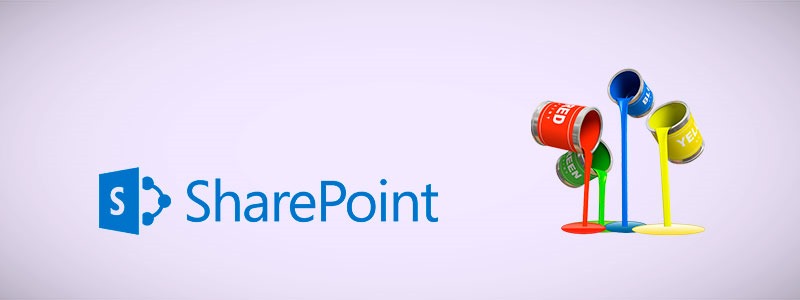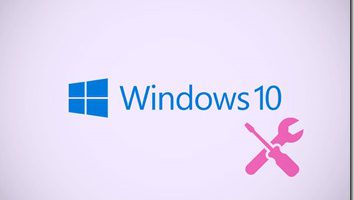Your app may be something that you’ve worked hard so that it can meet a need in the market, and you can profit from it. Or it may be a critical part of your overall marketing strategy that you need to get good, actionable user data from and put that towards more effective market research. Whatever reason you created your app for, one thing is for sure: in order for it to succeed it must be used.
That means coming up with an effective strategy for app marketing. You can’t just rely on word of mouth alone as the sole vehicle for promoting your app. You need to understand and exploit the mobile marketplace and use the right marketing techniques to get people to want, use, and talk about your app. So how do you deploy better tactics? Learn more about affiliate management services.
1. Research Your Audience
It all starts with having a good idea of who your app is for. If you don’t know who is supposed to benefit most from using your app, then how are those people supposed to know about it? You need to be clear about your audience and target your marketing efforts toward them.
Know your demographic. Their age, their lifestyle, their spending habits, their recreational habits, any other factors that allow you to understand who you are selling to. Do not try to cast as wide a net as possible and say the app is for everybody. An app that is popular with college students may not necessarily appeal to retirees.
2. Understand Your Competitors
You should also be looking at what your competitors have been up to and seeing what has worked and, perhaps even more importantly, what hasn’t worked for them. Nothing is going to hurt your app marketing strategy more than being seen as an imitation or being «late to the party» with something similar.
In the same way, if you’re planning an app, and you see that one of your competitors has already tried marketing it a particular way and failed, why would you want to court that same failure yourself?
Knowing your market is not just about knowing your audience, but it’s also about knowing what your peers and competitors have been doing so that you can remain relevant and original.
3. Market Early
While you can start your app marketing strategy only once your app is available and on the market, it is often better for you to start earlier than that. Depending on how confident you’re feeling, you can even start while the software is in development, releasing things like video development diaries or engaging with potential customers on social media, running polls and surveys to see what features they’d like to see incorporated.
As the release date gets closer, you can start ramping your app marketing efforts with teasers, such as trailers and other short video advertising that helps build up curiosity and awareness. Of course, the goal here is not to give too much away, but rather to start building up interest and awareness for a more concerted marketing effort later.
4. Prepare Your Press Kit & Other Materials
You’ll need to make sure that, depending on your level of marketing, you have both physical and electronic press kits available for the relevant press and promotion groups. Compile your list of most likely media groups, bloggers, and other notable names and personalities, and make sure that your press kit and launch materials cover all the essential, salient points about your app.
Make sure that you have a system in place to quickly send these out to groups on your list as well as respond to others who request a PK or EPK in order to maximize your media coverage. The more people who get the relevant information, the more work they’re doing for you.
5. Optimize Your App Store Page
Optimizing your pages on app stores is a critical, ground zero strategy. Over 50% of people who discover an app on the iOS or Google Play store have done so as a result of browsing through an app store itself. So, in the same way, that your website is essentially the digital equivalent of your storefront, and must be treated that way concerning welcoming customers, your app store page is your product, on the shelf, trying to distinguish itself from all the other competing products.
You must create an effective store page. Think carefully about the title, tweak your description to make it as simple but appealing as possible. Come up with a catchy, pleasing icon. Use screenshots that convey the selling points and benefits of the app. Spend as much time as possible on all these factors because they can make the difference between an impulse buy and moving on to the next app.











Deja un comentario